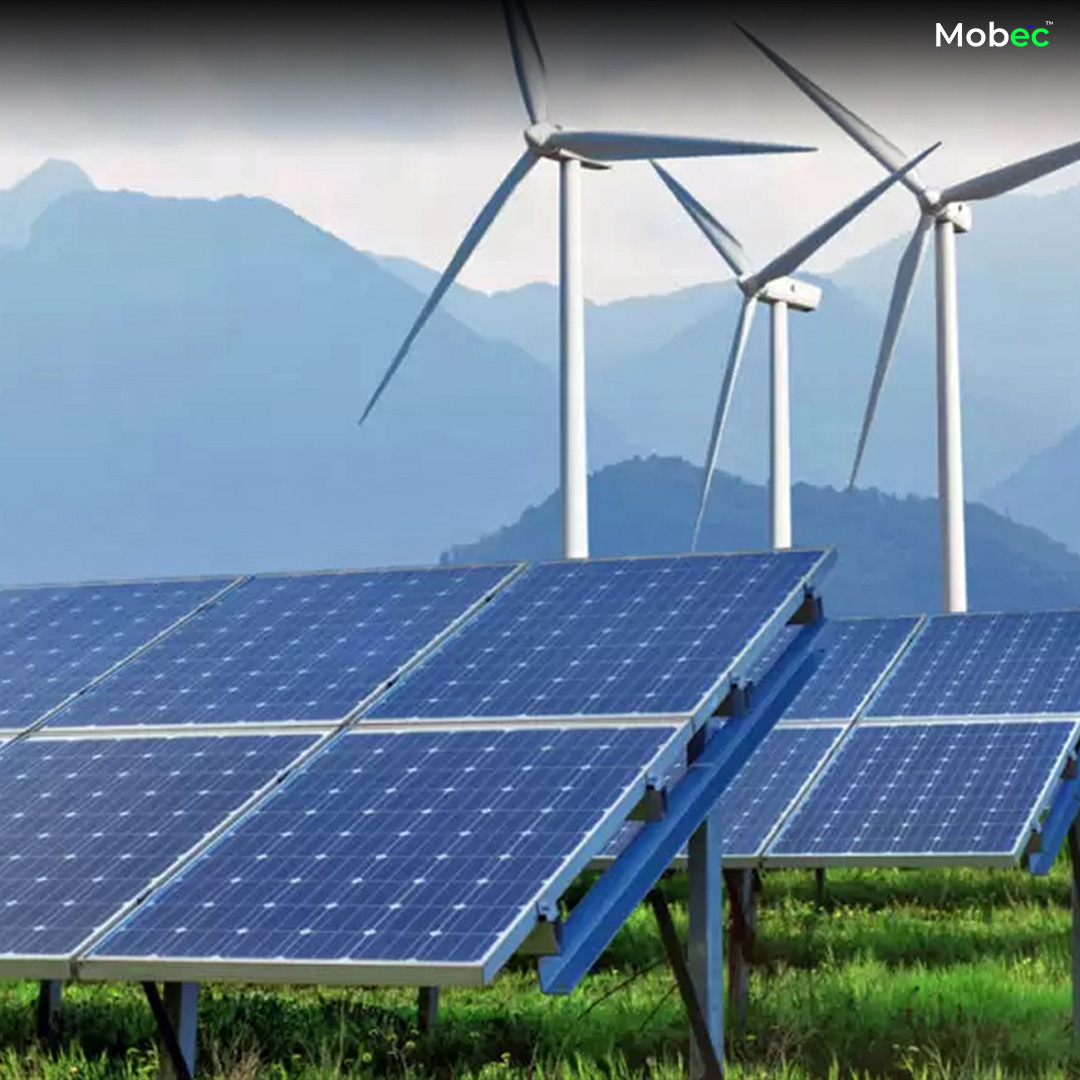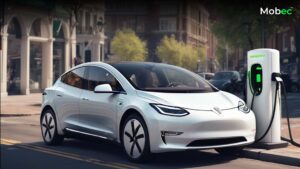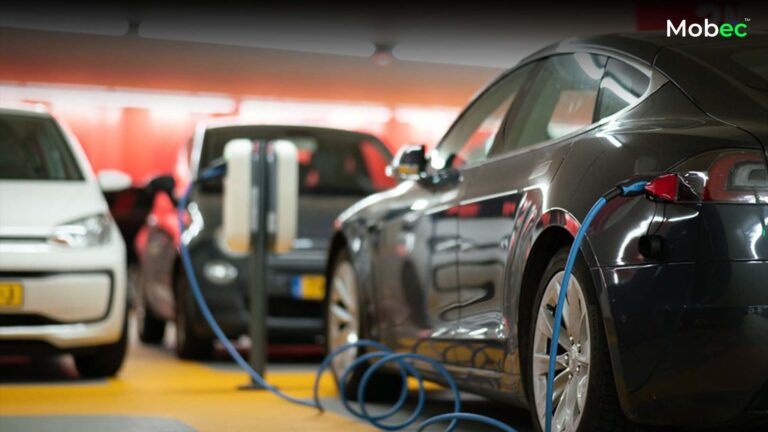The electric vehicle (EV) industry is going through a quick evolution phase, with progress in technology, infrastructure, and consumer acceptance leading to substantial changes. It is essential to stay informed about the most recent developments in the EV industry as the world moves towards sustainable transportation.
Battery tech and charging infrastructure advances

One of the critical drivers of progress in the EV industry is the continuous advancement of battery technology. Manufacturers and researchers are working non-stop to develop batteries with faster charging capabilities and longer lifespans. These improvements are crucial for addressing range anxiety and making EVs more accessible to a broader audience.
The expansion of charging infrastructure is another significant development in the EV industry. Governments, businesses, and energy companies are investing heavily in building a network of fast-charging stations to support the growing number of electric vehicles on the road. The proliferation of high-speed charging points is essential for alleviating concerns about range limitations and encouraging more consumers to switch to electric.
Rise of Electric SUVs and Trucks

Electric sedans and compact cars have been the primary focus of the EV market in its early stages. Still, a noticeable shift is now underway towards electric SUVs and trucks. Leading car manufacturers are seizing this opportunity by introducing electric models in these highly sought-after vehicle categories, effectively meeting the needs of customers who rely on larger vehicles for everyday travel. This expansion of EV options is significantly increasing the attractiveness of electric transportation for a broader range of consumer groups, including families, outdoor enthusiasts, and businesses with transportation needs. The availability of electric SUVs and trucks provides greater versatility and utility. It contributes to the ongoing diversification and maturation of the electric vehicle market, ultimately driving wider adoption and acceptance of sustainable mobility solutions.
Integration of Renewable Energy with Policy Support and Incentives

The use of renewable energy sources in the EV ecosystem is gaining momentum. Ideas like solar-powered charging stations and vehicle-to-grid (V2G) technology are being explored to improve the sustainability of electric transportation. Stakeholders aim to create a more environmentally friendly and resilient transportation network by using clean energy to power EVs and support charging infrastructure.
Governments worldwide are implementing supportive policies and incentives to accelerate the adoption of electric vehicles. These measures include financial incentives for EV purchases, tax credits, rebates, and initiatives to strengthen EV manufacturing and research. Such policy support is essential for promoting the widespread adoption of electric vehicles and achieving emissions reduction targets.
Embracing Autonomous Driving

The merging of electric propulsion and autonomous driving technologies is transforming the transportation landscape. Electric vehicles lead the way in self-driving innovation, as numerous EV companies incorporate sophisticated driver-assistance systems and independent features into their designs. The combination of electrification and autonomy offers significant potential for improving transportation safety, effectiveness, and convenience.
The seamless integration of electric propulsion and autonomous driving capabilities holds promise for revolutionizing how people and goods are transported. With their advanced propulsion systems, electric vehicles are well-suited for accommodating the power requirements of autonomous driving features while contributing to reduced emissions and environmental impact. The synergy between electric and autonomous technologies drives the development of next-generation mobility solutions prioritizing sustainability, connectivity, and enhanced user experiences.
In conclusion, it’s crucial to stay updated on the latest developments in the EV industry as it goes through a period of rapid change characterized by significant advances in technology, the growth of infrastructure, and evolving consumer choices. Keeping abreast of the most recent information from the EV sector is vital for comprehending the direction of eco-friendly transportation and its impact on society, the natural world, and the financial system.



















+ There are no comments
Add yours